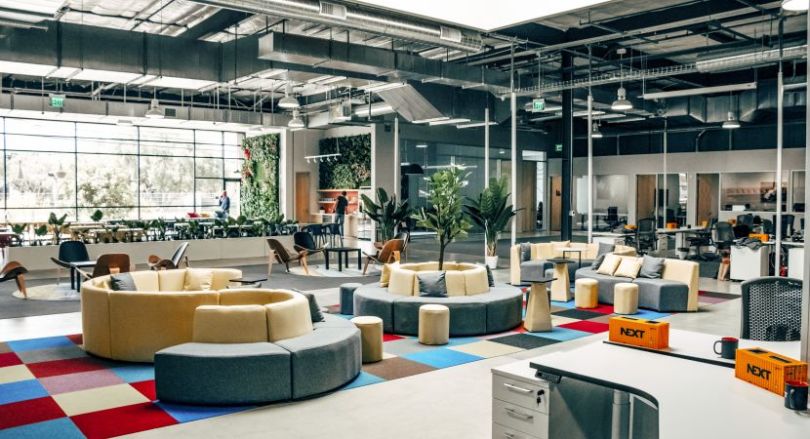
Bobby Napiltonia might be helping bring a contemporary model to an industry that’s been a staple in the American financial ecosystem since the first World War, but he is by no means new to the trade. He carries on a legacy instituted by his father, who made a living as a trucker.
NEXT Trucking’s mission? To connect businesses with excessive freight to truckers who have the capacity to take it on through their two-sided marketplace. They didn’t simply launch their app and hope for the best. The company relies on data to increase order visibility and effectively smooth out bumps in B2B trucking supply chains.
In the next quarter, NEXT plans to hire 30 engineers to focus on the details of that execution.
We recently spoke to Chief Revenue Officer Napiltonia (or, as he has been known to introduce himself, chief trucking officer) about the future of trucking and the challenges of placing such a heavy emphasis on incorporating data into the process. It’s safe to say that enthusiasm runs in the family.
NEXT Trucking is on a mission to transform the supply chain. Before we talk about that mission, can you explain the current status of the supply chain and the role technology does (or doesn’t) play in it?
Right now, 90 percent of tractor-trailers are part of fleets of six trucks or less. Those company owners need to hope that big shippers have incredibly robust procurement departments, that can sign agreements and somehow track deliveries from literally hundreds of companies. The alternative is working with brokers that have several carrier relationships. But their goals might not align with the carrier, both financially and in terms of work/life balance. We built a two-sided marketplace to connect these small business owners with freight from many of the largest shippers in the world.
Okay, now to the mission: We’ve heard that NEXT Trucking is looking to create “painless freight.” Can you speak to what this means specifically and the technology you’re building — and the partnerships you’re forming — to make this happen?
Our marketplace target audience is small business owners. We need to provide white-glove service to our truckers. If every driver on the road wants to work with NEXT, then we can attract any shipper we’d want to have as our customer. This means building technology that makes their lives better. For example, using predictive analytics to make sure they’re seeing loads in our marketplace that align with their historical preferences (some drivers want to stay local so they can be home with their families at night).
We can use their phone to calculate accurate ETAs to be certain our shippers want to keep working with individual drivers.
To move forward, we need to get all these players, and all the possible data, into the same place.’’
What does the future look like for the shipping and logistics industries, and how is NEXT Trucking driving this future-forward?
For me, it’s going to come down to data sharing. There are so many companies in the supply chain. When a container comes through the port in LA or Long Beach, it goes through one of 13 terminals (that’s 13 potential sources of data). It’s loaded onto a chassis that might be owned by another company, and somewhere pretty quickly along the way, freight is moved into a warehouse or onto another truck. But a completely separate company owns the container (and they can charge late fees). To move forward, we need to get all these players, and all the possible data, into the same place.
Every industry has undergone a data transformation. In real estate, you can get pre-approved for a mortgage with a few taps on your smartphone. You can file an insurance claim for an apartment break-in and literally have money to replace your stuff in a matter of minutes. Logistics is the last industry to see this transformation.
NEXT Trucking is doing a bit (okay, more than a bit) of hiring at the moment. Can you describe your company’s culture along with a few traits or skills that make your team successful?
You have to have passion. We want people who are passionate about winning. We want people who are passionate about changing our driver’s lives. We’re in LA, so there’s a lot of opportunities for folks to get into entertainment or gaming, or photo and video sharing. We want change agents who are serious about driving change for the better.
Everyone in our company is empowered to come up with new approaches and solutions and to present new ideas. As an engineer, our team has the opportunity to solve issues in one of the world’s oldest industries, with full support from management to take creative approaches.




